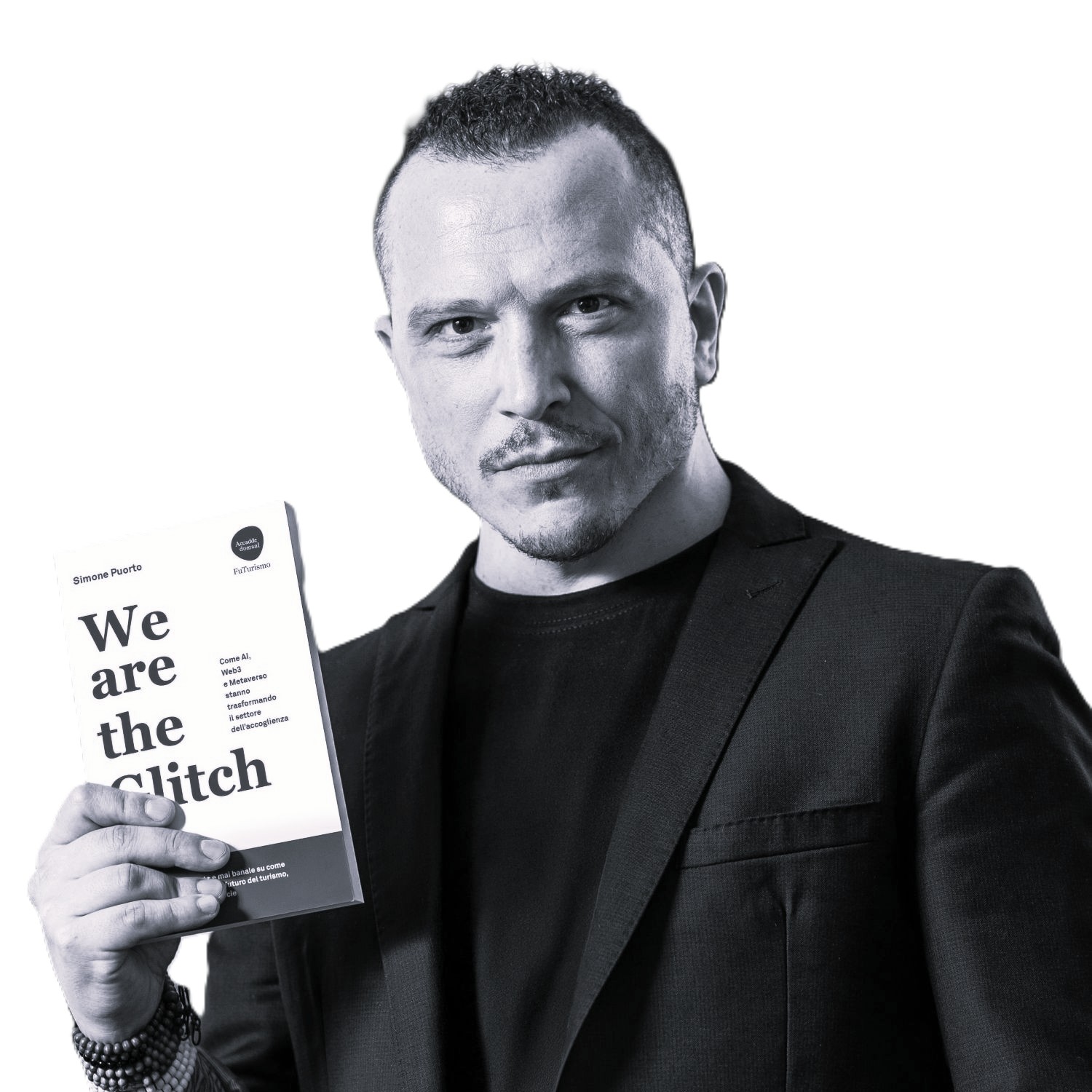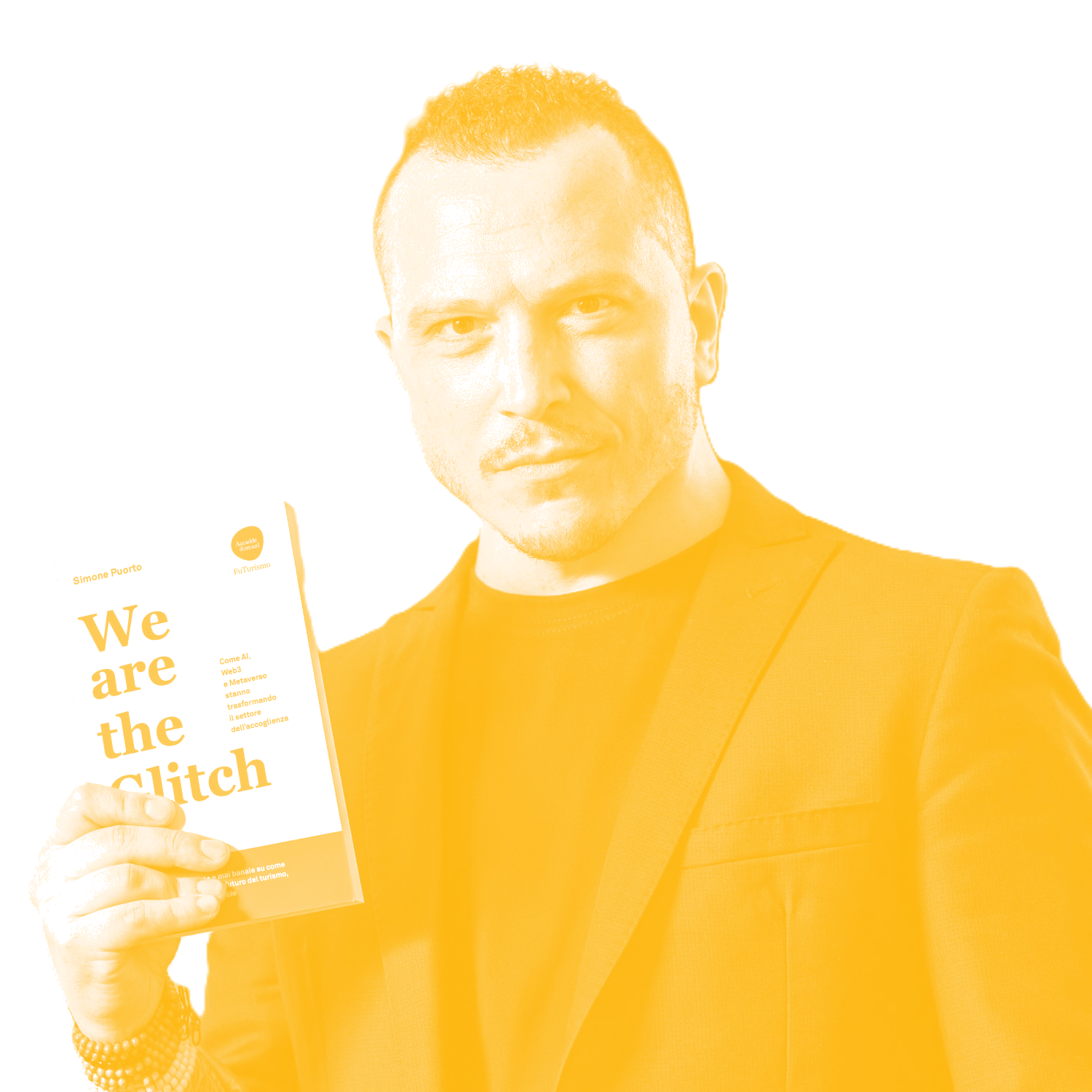Consulting-Dō: The Way of the Ethical Consultant (A Manifesto)


Synopsis
Believe it or not, this isn’t another late night monologue about AI sentience or the metaverse melting our brains. This one is about something simpler and, honestly, more urgent. It is about consulting, what it is, what it is not, and why it is time we stopped treating it like an Instagram filter for our careers. Somewhere between rooftop selfies and recycled slide decks, the core of this job got lost. So whether you are thinking of becoming a consultant or about to hire one, consider this your cheat sheet. No fluff, no pitch, just the truth.
Introduction
Believe it or not, for once, this isn’t one of my rants about AI, the metaverse, or how we’re sleepwalking into artificial sentience (spoiler alert: we are). This is something more basic, but in many ways more urgent. It’s about the ethics of that strange thing I do for most of my waking hours. It’s time to demystify consulting, because over the years, we’ve over-glamorized the role, posting too many selfies of ourselves drinking Hemingway daiquiris on luxury hotel rooftops (JFYI: my favorite one is at the Bar Locarno in Rome, yummy!), while stripping it of any accountability. So what’s the point of this piece? Well, if you’re planning to become a consultant, you can use this as your baseline. And if you’re a hotel or a tech company hiring one of us, treat it as your due diligence checklist, a way to make sure you hire the right person…
…even when the wrong one looks so damn good.
Enjoy the read.
1. No commissions from vendors. Ever.
Like Fight Club, the first rule is pretty straightforward: no commissions from vendors. Let me say this once again, slowly, so we’re all on the same page: no commissions from vendors. Let me say it again, louder:
No. Commissions. From. Vendors. Ever.
And if you do take them, disclose it. Upfront. Because the moment money moves behind the curtain, your advice stops being independent and becomes incentivized. When I started my consultancy nearly a decade ago, I once accepted a small payment after recommending a PMS I liked to a client. It was peanuts (less than 1,000€), but it drove me insane, and I ended up donating it to charity and swore: never again. Since then, I’ve negotiated special rates with many vendors, but the discount goes ENTIRELY to the client. So, if there’s one rule to follow, it’s this: be a samurai, never a ronin. You don’t serve two masters. You choose one. And it always has to be the client. Otherwise, go work in sales.
2. Declare your conflicts (all of them)
This one’s more nuanced, but just as essential. I sit on the boards of a dozen travel tech companies. That alone isn’t unethical. In fact, if you’ve spent decades in an industry and companies ask for your input, it means you have a chance to (re)shape the ecosystem, possibly for the better. But influence comes with responsibility. If you recommend a tool that’s even remotely connected to one of those companies, tell the client, clearly and out loud: I love what this company does, but just so you know, I hold shares.
3. Get paid for your independence
I’ve been working in hospitality for 26 years. Ten hours a day, six days a week. That’s over 80,000 hours. Remember Gladwell’s 10,000-hour theory? I’ve done that. Eight times. I’m basically the Yngwie Malmsteen of consulting, minus the scalloped fretboard and the wig (for now).
At this point, it’s no longer a job. It’s an obsession. But let’s not kid ourselves. If I took an executive role at any travel tech company tomorrow, I’d make triple. And yet, I chose consulting. For one reason: freedom. Not the stock-photo kind with a laptop and a coconut on a Bali beach. I mean real freedom. The kind that means I don’t have to wear that stupid XXL branded polo at ITB like a corporate mascot. If I’m going to cosplay, I’ll do it at Comic-Con. And for the record: the only logos allowed on T-shirts are from bands at concerts (and, even then, there are rules. You NEVER wear the shirt of the band you’re going to see. Pick one with a similar sound… Big difference.)
So, what’s the price of that independence? No stock options. No paid holidays. No corporate safety net. So when consultants quote €50/hour, ask yourself: how are they surviving? The truth is, they’re not. Not without overloading, rushing, and cutting corners. And in the end, clients pay for it: in recycled strategy, shallow thinking, and consultants held together by caffeine and anxiety.
4. Time isn’t (just) for clients. It’s for thinking
Consultants need to be OCD about their time. Toggl–Asana–Trello-level obsessed. In my case, mornings are sacred. I start at 6 AM and rarely take client calls before noon, and that’s when the real work happens: reading, testing ideas, talking to peers, connecting the dots. Believe it or not, we’re working for you most when we’re not working for you. So, if your consultant is jumping from Zoom call to Zoom call without a break, they’re not thinking. They’re reacting. James Watt (the BrewDog guy) said it best: 50 percent of your time should go to operations, the other 50 to improving how you work. That ratio applies to us, too.
5. “Hyper-specialization” is a myth
In The Wisdom of Crowds, Surowiecki says that if you put a group of experts in a room, they’ll converge on the same idea, not because it’s right, but because it’s safe. That’s hyper-specialization’s catch: echo chambers dressed up as strategy. Same goes for consultants who only work in one destination or one type of property, or tech vendor. They start recycling what worked before, endlessly. So, the right question isn’t: How well do you know my market?
It’s: How many markets are you in?
(And just to be clear: the more, the better.) Hyper-specialization is a comfort zone for consultants who’ve never worked outside their city, let alone their country. If you can build a solid strategy for a boutique hotel in Paris, a resort in Dubai, and a home-swapping startup in Mongolia, then congrats! You can call yourself a consultant.
6. Give consultants problems to solve
We’re not order-takers. We’re not here to execute briefs like obedient interns. So if you come to me saying, I want a PMax campaign for the German market,
my honest response will start with the F-word. Then I’ll pause and ask you to ask me the real question: What problem are we trying to solve?
Because nine times out of ten, the problem you think you have isn’t the one that actually needs fixing. If your consultant just nods and builds what you asked for, you don’t have a consultant. You’ve got a yes-man. And good luck with that.
7. Privacy is part of the pact
The best consultants I know don’t have flashy websites (some don’t have websites at all!) packed with case studies and client logos. Our job runs on trust, and trust requires discretion. Would you want your business strategy turned into a carousel post just to pad someone’s content calendar? Don’t name-drop. Don’t turn client wins into personal marketing. So when a consultant says, I work with X, Y, and Z in your region,
just know: the only person getting extra value from that relationship is them.
8. Consultants are not your employees
You’d think this one is obvious. It’s not. We’re not extra hands. We’re not here to do what your intern would, if only they had time. Treat us like temporary staff, and you’ll get temporary results. And no, I don’t need a [email protected] email.
9. Consultant’s Mind, Beginner’s Mind
If someone walks in with ready-made answers, run. Chances are, they’ve been recycling the same deck since 2019, just swapping logos and updating the footer date. I take, as usual, the Zen approach: treat every project with a beginner’s mind. Why? Because if you flip a coin a thousand times and get heads every time, the next toss is still 50/50. Same goes for strategy. Patterns help, until they don’t. If your consultant acts like they’ve seen it all before, they’re either lying or, worse, they’ve stopped coming up with new solutions.
10. Say NO
This one’s tough, especially when you’re trying to scale. But saying yes to everything is the express lane to burnout and mediocrity. No one needs someone who’s always available. They need someone who shows when needed the most. To paraphrase Naval: you don’t get paid to be busy. You get paid to be right.
Conclusion
Consulting isn’t a vibe. It’s karate. And like any good karate, it takes discipline. The ten points above aren’t best practices, they’re the bare minimum. Because let’s be honest: the world doesn’t need more consultants. What it needs (urgently) is fewer yes-men and more people who know when to shut up and think, and when to speak up and say no. And if that sounds like too much? No shame. Just do us all a favor…
… and slip that corporate T-shirt back on.